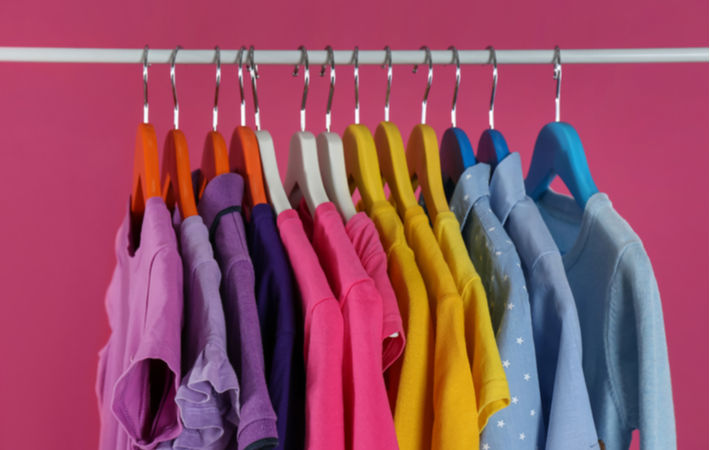Twenty five European non-governmental organisations (NGOs) recently rebuffed voluntary agreements to clean up the fashion industry, calling for the European Union’s (EU) upcoming textile legislation to hold brands accountable for their contribution to global pollution. As part of the Wardrobe Change campaign, NGOs are calling for new policies to stop runaway overproduction of textiles.
Proposed measures include minimum standards for how long clothes should last, a ban on the destruction of unsold and returned goods, rules to verify and substantiate green claims, and ambitious targets for an absolute reduction in the amount of natural resources used across the supply chain, according to a press release from RREUSE.Twenty five European NGOs recently rebuffed voluntary agreements to clean up the fashion industry, calling for the European Union's (EU) upcoming textile legislation to hold brands accountable for their contribution to global pollution. As part of the Wardrobe Change campaign, NGOs are calling for new policies to stop runaway overproduction of textiles.#
RREUSE is an NGO network representing social enterprises active in the field of reuse, repair and recycling, with 30 members across 26 countries in Europe and the United States.
The group also called for urgent rules on hazardous chemicals in fashion and for moves to combat environmental harm to include action to end labour rights’ violations in supply chains.
The European Commission is currently gathering feedback from industry and civil society organisations, to put forward new measures by the end of the year.
The NGOs’ position paper has four key demands. The first is to make sustainable textile products the norm through high minimum design standards, better production processes, traceability, transparency and information disclosure, and banning the destruction of unsold and returned goods.
The second is to drive resource-sufficient textile consumption with rules on what reliable green claims can be made on products, harmonised labelling, and better information on the expected lifetime and repairability of a product.
The third is to leave the linear business model behind by taxing virgin resource use and making producers responsible for the products they put on the market from cradle to grave.
And the final demand is to hold the EU textile industry accountable for its role in the world through a trade reset and strong human rights and environmental due diligence rules.
“The EU urgently needs to redesign the textile industry by tackling overproduction and overconsumption as well as unfair working conditions. To ensure longer-lasting and repairable products, priority must be given to waste prevention and preparing for re-use. In parallel, greater support and protection must be given to social economy enterprises active in the sector to help ensure an inclusive and fair textile value chain,” Mathieu Rama, senior policy officer at RREUSE, said.
Members of the Wardrobe Change coalition include the following groups and their members: the European Environmental Bureau (EEB), ECOS, RREUSE, Plastic Soup Foundation, Zero, Future in Our Hands, Changing Markets Foundation, HEJ Support, Generation Climate Europe and Green Liberty.
Fibre2Fashion News Desk (DS)
